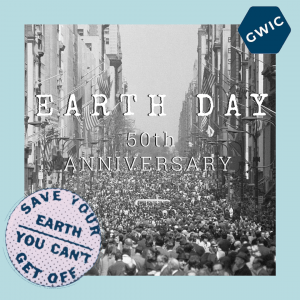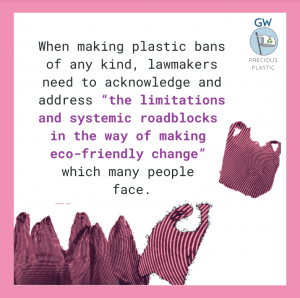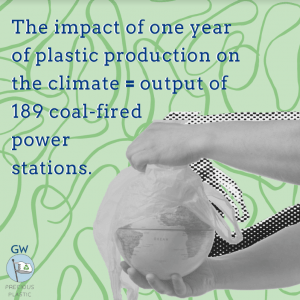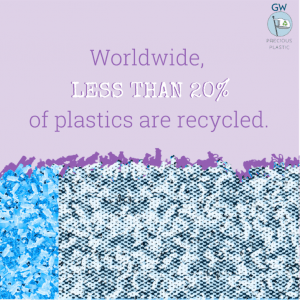Fifty years ago in April 1970, over 20 million Americans across the country mobilized to protest environmental degradation in what became known as the first Earth Day. After a decade of witnessing atrocious environmental spectacles like the fire on the Cuyahoga River and the oil spill off the coast of Santa Barbra, people took to the street en masse to demand governmental action. The large-scale protests pressured the Nixon administration to create the EPA that year. It also spurred monumental legislation such as an amended Clean Air Act, the Clean Water Act, and the Safe Drinking Water Act, which all passed within five years of the first Earth Day.
Fifty years later, it’s important to remember that for many people across America, their air is still polluted and their water is not yet drinkable. Environmental legislation has struggled to protect people equally. Communities of color and low-income families across the country largely face the same environmental injustice as fifty years ago.
Today, we face the biggest crisis of our time — climate change. While the first Earth Day brought impactful environmental reform, this day has since become a convenient means of inaction for corporations who are actively contributing to the demise of the planet. By using Earth Day to encourage people to recycle more, Coca Cola can blissfully look past the fact that it’s the largest plastic polluter in the world.
This Earth Day was meant to be a break in that system, reigniting the use of nation-wide direct action and protests to demand radical change that would address the climate crisis head-on — this time without leaving behind those who have been most impacted by its effects. Though the circumstances of the COVID-19 pandemic have altered this plan, the intentions of millions of people across the country and the fear of the climate crisis are the same. And just because we are all stuck at home and unable to meet each other on the streets, does not mean that our voices will go unheard.
There are still a lot of ways you can get involved.
Earth Day Live is a three-day online event focusing on the three major topics: strike, divest, and vote for our future. RSVP to the live stream to see speakers like Representative Alexandria Ocasio-Cortez and former Vice President Al Gore, as well as hundreds of local live streams from across the country.
If you’re looking to do more, compiled below are various petitions that you can add your name to and tools for contacting your representatives to demand environmental action. If you’re able, spend some time seeing how you can make a change from home. Though this Earth Day certainly isn’t all we had hoped it to be, the climate crisis has not stopped and neither has our need to see and create change.
To view the list, follow this link: Create Change from Home





